by Angus Scully
Aubrey Cosens was the first soldier of the Third Canadian Division to earn the Victoria Cross in World War II—and this was a division that had landed on D-Day, taken 76 percent casualties in Normandy, and used its amphibious warfare experience to defeat the Germans in Holland.
[text_ad]
Although Cosens and Ben Dunkelman were from very different backgrounds, their personal stories reflect the spirit and heroism of the soldiers of the Queen’s Own Rifles and the finest qualities of leadership and bravery among men in combat. Cosens was from a remote mining and lumber frontier town and had been a railway laborer before enlisting. Dunkelman had grown up in a wealthy family, attended the best schools in Canada, and was an executive in the family business when the war began.
When the announcement of Cosens’s Victoria Cross was made public, it created a sensation in Northern Ontario where he had grown up. One newspaper article attributed to him “The Spirit of the North—a spirit that enables men to perform noble deeds spontaneously and without regard for their personal safety. It has often been said that the North does something to a man, something fine and generous and loyal.” This sentiment may seem a little over the top today, but Aubrey Cosens is still remembered and commemorated in the small towns of Northern Ontario.
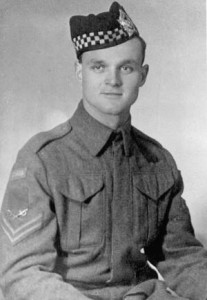
Cosens was born in 1921. His father, Charlie, was a World War I veteran whose job with the Temiskaming and Northern Ontario Railroad took him to the tiny, isolated village of Porquis Junction. It was accessible only by rail and existed to serve the railway. There, Charlie, his wife Yvonne, and young Aubrey lived in a converted rail car, a common way of housing railway personnel in the North. In 1924, Yvonne died of cancer, leaving Charlie with a four-year-old son to care for. As was typical of remote settlements, the neighbors all helped Charlie, taking in Aubrey while Yvonne was ill, and, after her death, taking on the job of caring for the little boy while Charlie was at work.
Mrs. Dorothy Smith, whose husband worked with Charlie, ended up looking after Aubrey full time, becoming in effect his foster mother. When the Smiths later moved to the gold mining town of Timmins, Aubrey went with them, and Charlie visited when he could. In Porquis Junction and Timmins, Aubrey grew up in a loving, extended family. Remembered as a lad who was always on the go, he grew up crazy for sports, playing hockey with the Timmins Police Amateur Athletic League and for teams from the mines around the town. In the summer he played baseball. The discipline and hard work of sports helped shape the character of young Aubrey as much as the people of his small communities and family.
At age 16, Aubrey left school as so many did during the Depression, but his family connections got him seasonal work on a section gang for 32 cents an hour. It was hard outdoor labor, in cold, rain, or heat, and often menaced by clouds of mosquitoes and black flies. Aubrey worked for the railway in several small towns throughout the North but spent the winters with the Smiths or with Charlie, who had moved to the lumber town of Latchford, still with the railway.
Canada declared war on Germany in September 1939, but Aubrey stayed on the job, spending the winter cutting and selling firewood. The British defeat and retreat from the beaches of Dunkirk in June 1940 seems to have been the catalyst that prompted Aubrey to enlist. He was working on a section gang with Cecil Holmes, who today remembers that when they heard about Dunkirk Aubrey came into the bunk car and announced that they were needed in Europe.
“How Many Men Will Come Back … If I Get Grey Hairs You Can Guess the Reason.”
The two boys went down to North Bay to join the Royal Canadian Air Force, but Aubrey was turned away because he had forgotten his school records. He returned to work, and his foster mother, Mrs. Smith, told him he really did not have to go. He was just 19. Aubrey insisted, however, that he would, and when the fall work season ended in November 1940, he took the train to Toronto and enlisted in the infantry, the Argyll and Sutherland Highlanders of Canada.
Almost immediately, the Argylls were sent to Jamaica for two years of garrison duty. The raw, partially trained Canadian militia battalion relieved British regulars desperately needed at home. It was an eye-opening adventure for the young man from the remote North. Indeed, it was an exotic posting for all of the Argylls. The battalion returned to Canada briefly in 1943, and was then posted overseas to become part of the 4th Canadian Armoured Division.
In England, Aubrey was promoted to corporal and sent to the Army School of Physical Training, his athleticism marking him as a PT instructor. After that, he was transferred to the Third Canadian Infantry Reinforcement Unit, a holding and training unit, and from there sent as a replacement into Normandy in July 1944 with the Queen’s Own Rifles of Canada. The orientation talk for Aubrey and the other new men was given by the mortar platoon commander, Ben Dunkelman.
Aubrey was soon promoted to sergeant. In a letter to his girlfriend, he wrote, “So it’s sergeant now and what a lot of work there is to do and do I ever have a lot of dirt flung at me from all angles. But I’ll beat it if it kills me. I was platoon commander for two weeks or more. That was a lot of responsibility to take and it makes you think am I doing this right … how many men will come back … If I get grey hairs you can guess the reason. The word responsibility is a big one in the Army. I have learned that.” The boy had become a man, and to the teenaged soldiers of his platoon, he seemed an old veteran by February.
The men of D Company recalled Aubrey Cosens as a remarkable man and leader. Don Chittenden of 16 Platoon said, “With all due respect to the platoon commander, it was Cosens who ran the platoon, who took care of morale, who knew tactics … while the rest of us were trying to save ourselves, Cosens was off trying to win the war.”
Bill Ives, company sergeant major, recalled, “The very first thing he did was look after his men. He was just more caring about other people than about himself. He always seemed to know how to lift morale.”
Jack Staples of 16 Platoon said, “Cosens liked to be with the boys and was always joking. He was also very commanding. He knew how to handle our platoon of 38.”
Company commander Dunkelman recognized the promise in the young soldier, commenting, “He was an outstanding, good looking man, a perfect noncommissioned officer, and carried as much as 80 pounds of ammunition on his back when his platoon went into action. I cannot speak of him too highly as a fine, clean-living soldier….”
Was Cosens really such a remarkable man? Were his former comrades just extending the image of the man who had become a hero? Is it really too much to expect that a Victoria Cross winner be strong, good looking, and clean living? We have only their recorded memories and Cosens’s military record from which to judge. That record does contain one, and only one, blemish. In Jamaica, on January 4, 1943, Cosens was found guilty of being absent without leave and was confined to barracks for five days. Cosens was absent from 10:54 pm December 31, to 6 am on January 1. This new year’s celebration far from home, and from danger, seems only to confirm the image created by his comrades.
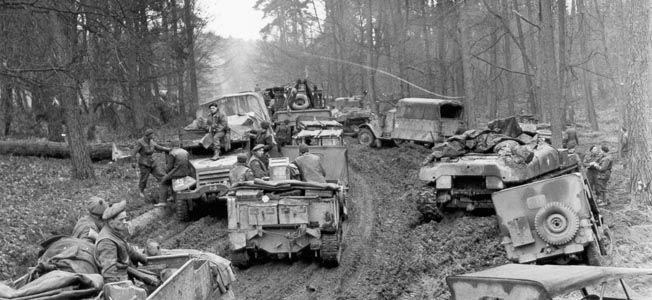

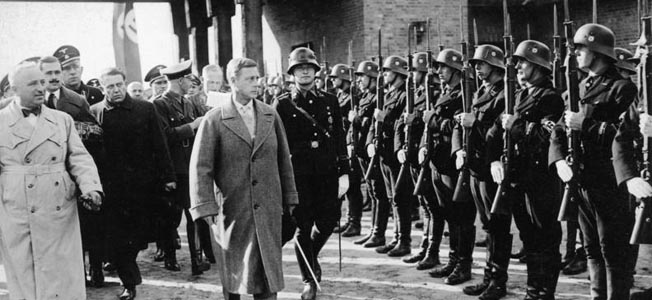
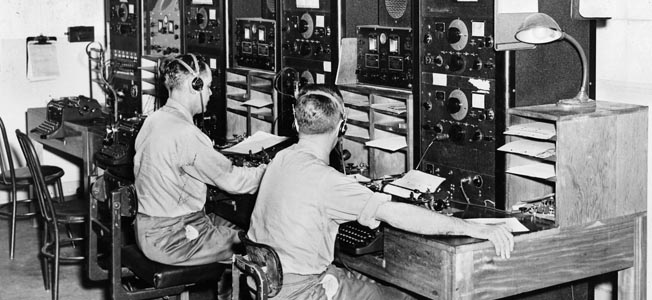
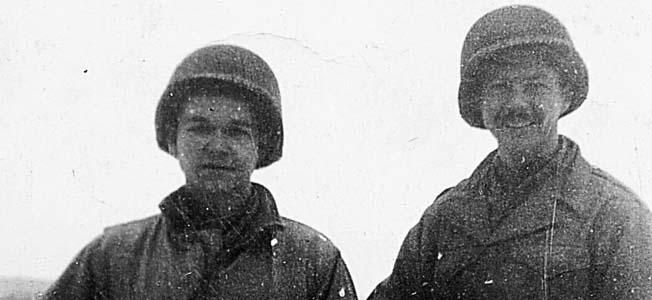
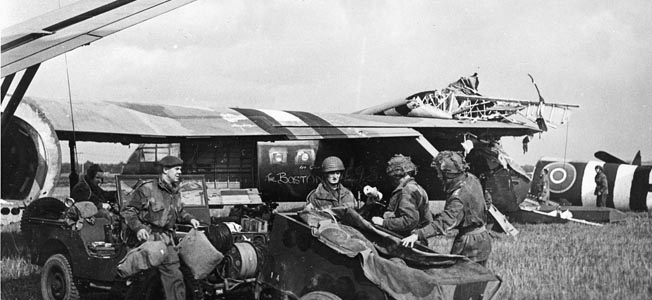
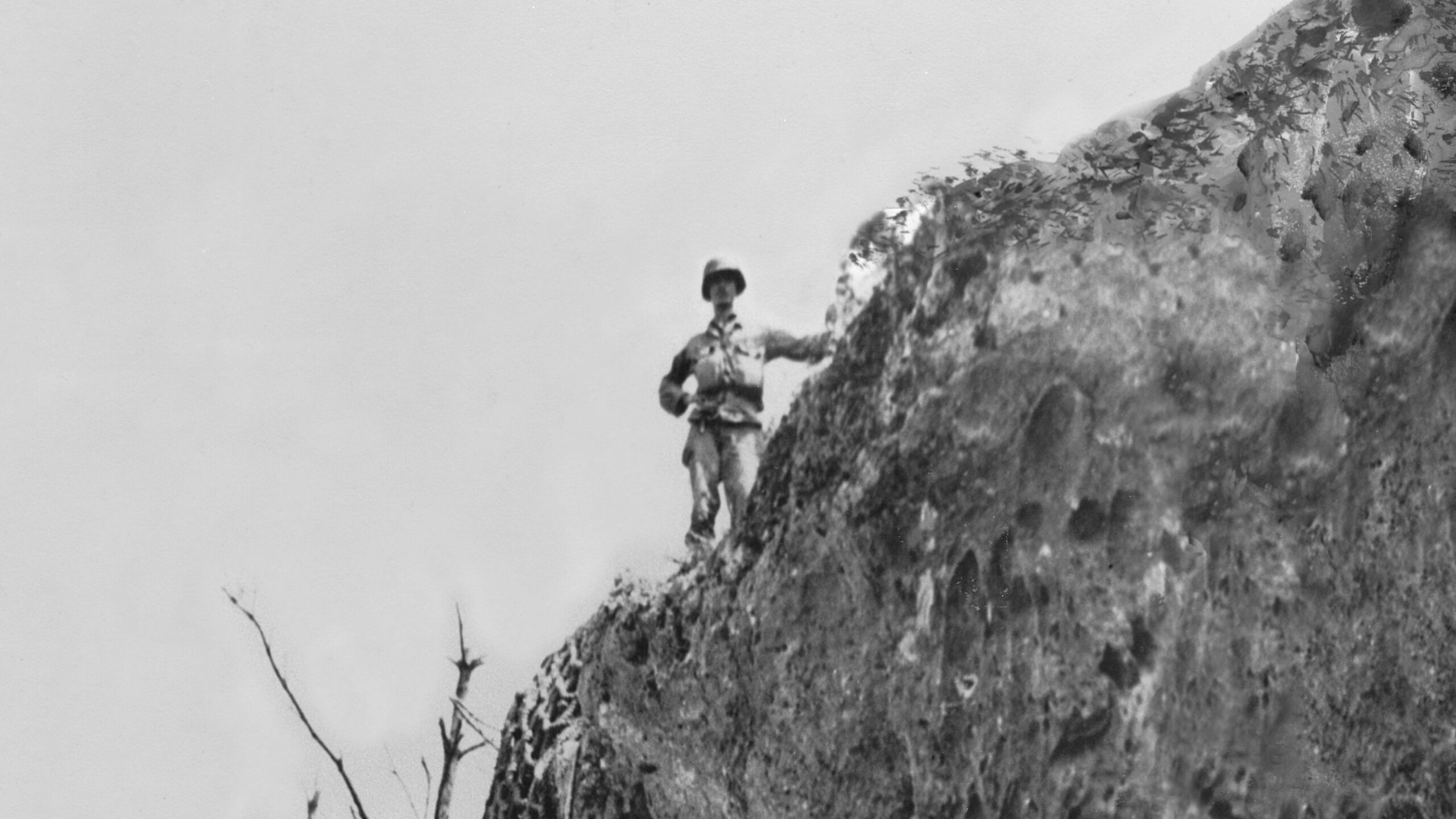
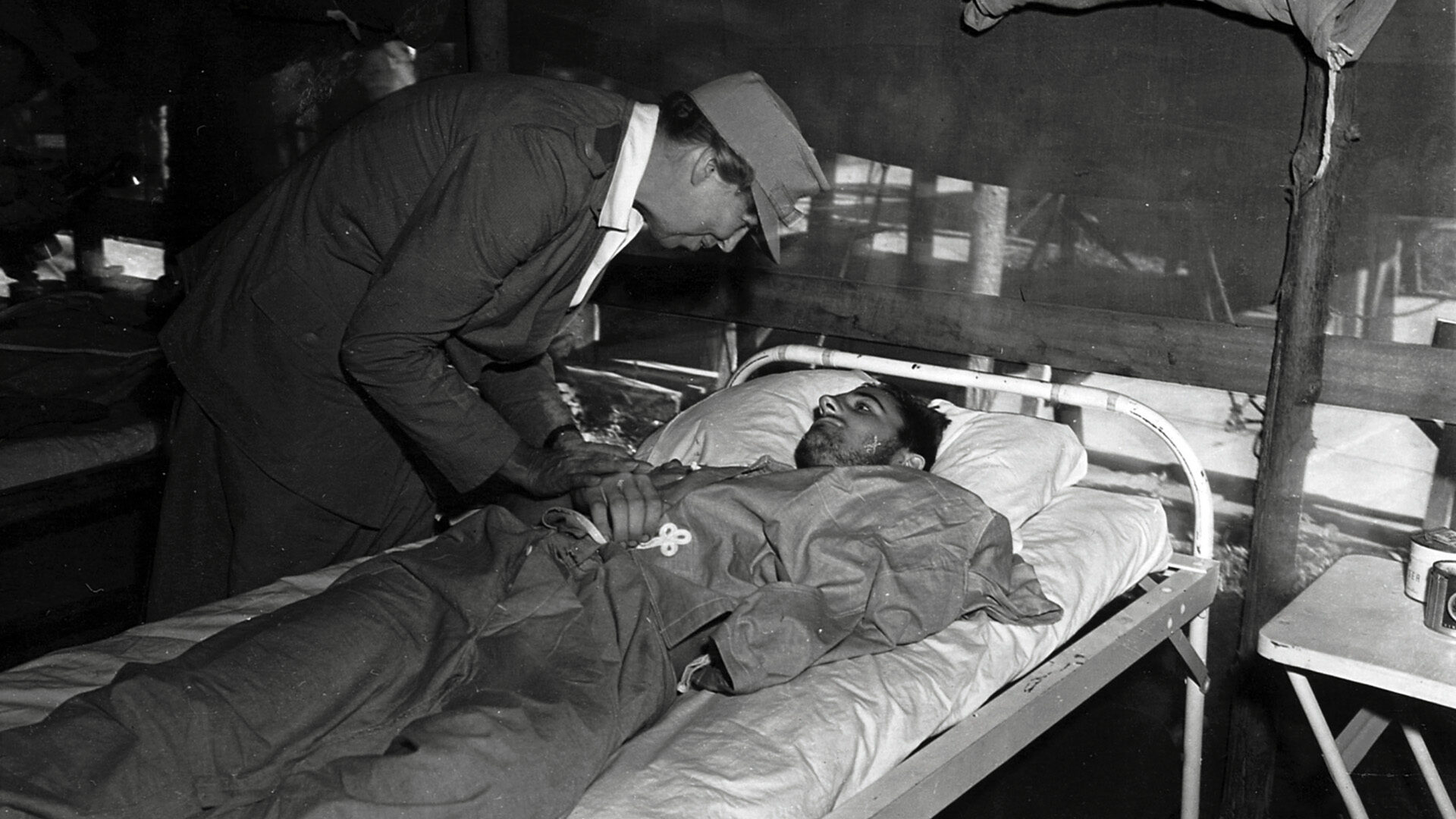
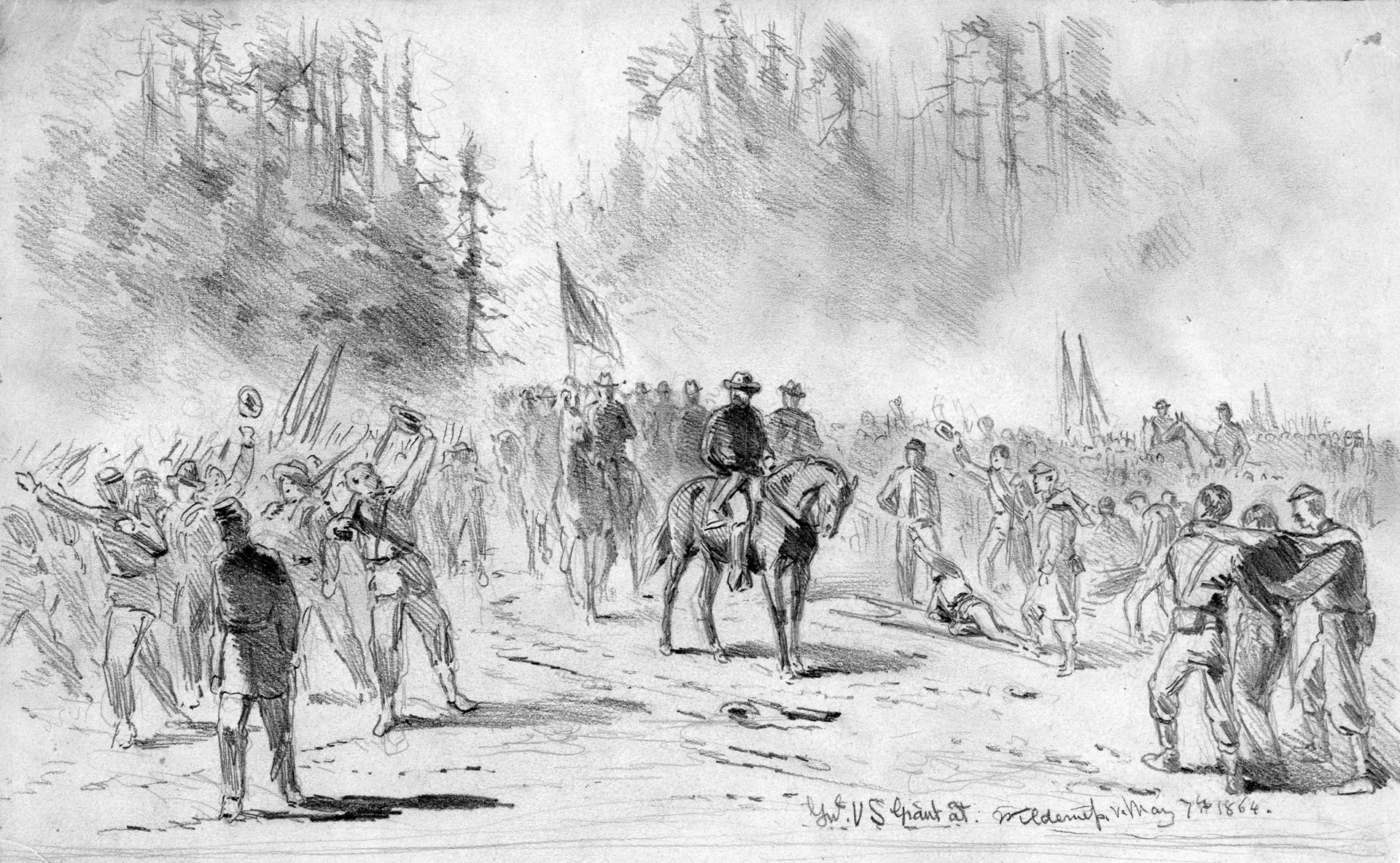
Join The Conversation
Comments
View All Comments